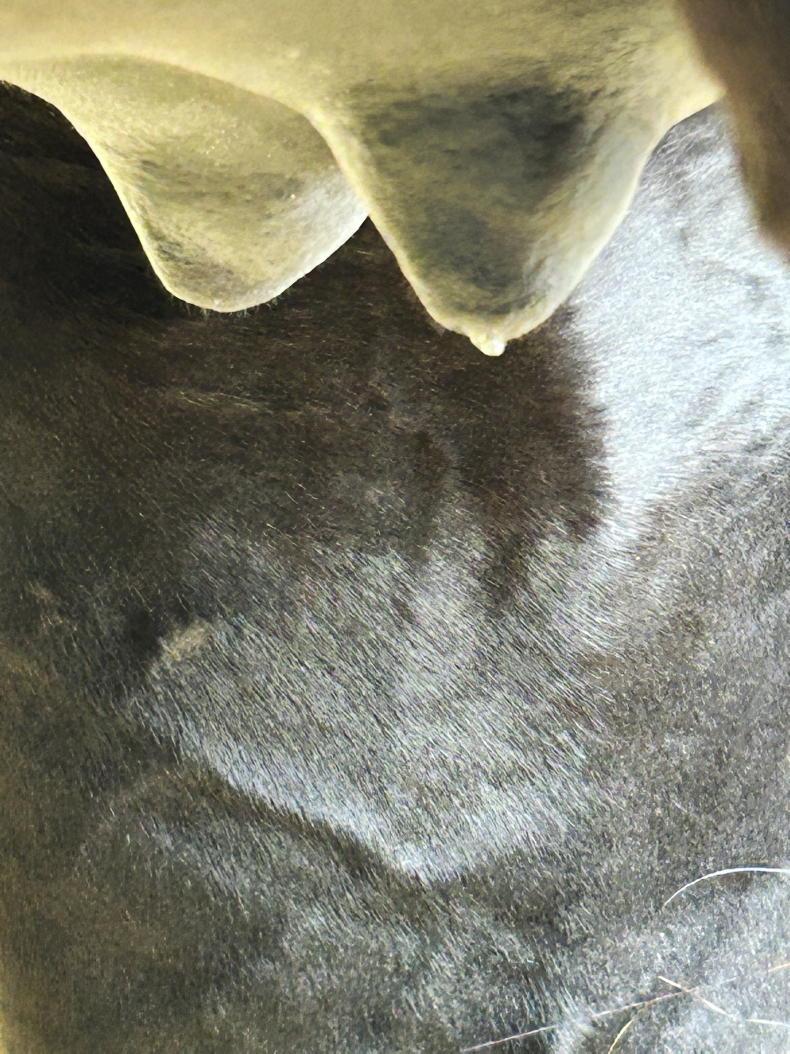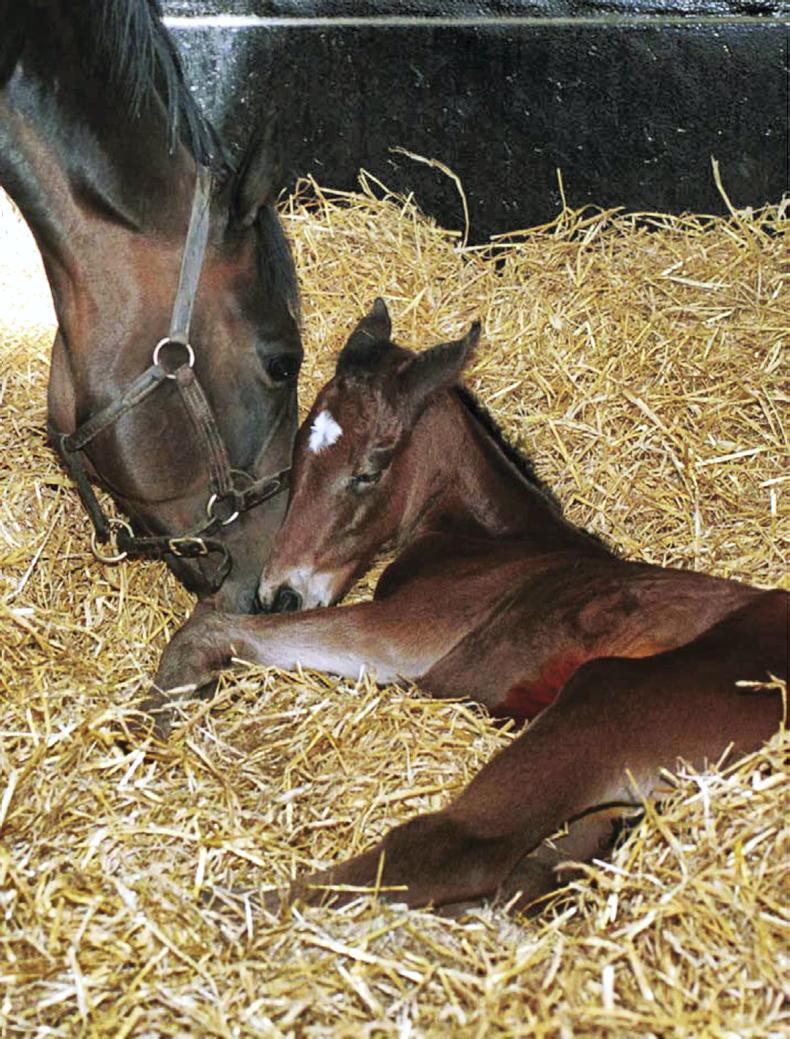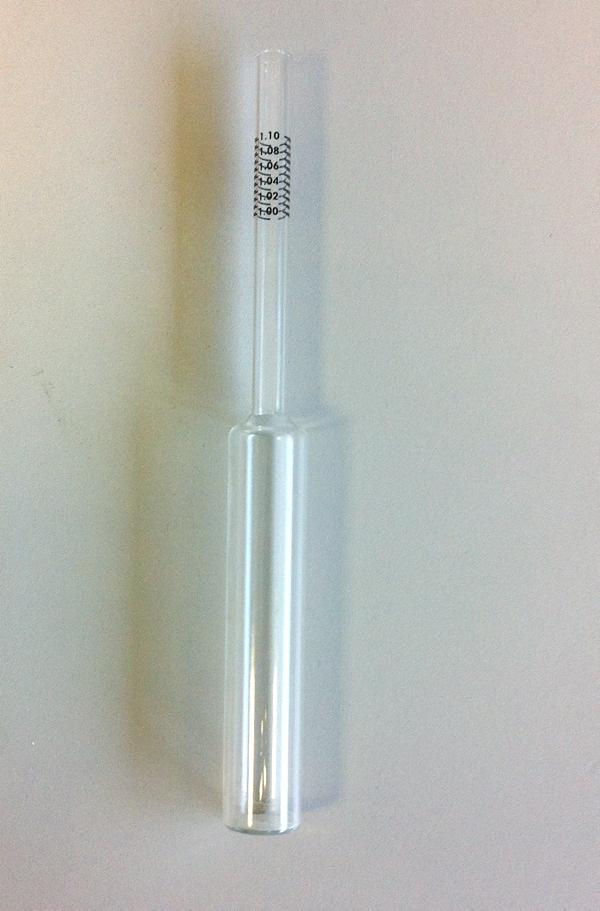IN research carried out by Stella Chapman and published in UK-Equine, failure of passive transfer of immunity is a common condition that is seen in neonatal foals, and the best approach to management is through prevention and early recognition of the problem.
This content is copyright protected!
However, if you would like to share the information in this article, you may use the headline, summary and link below:
Title: Be clear about colostrum
Failure of passive transfer of immunity is a common condition that is seen in neonatal foals
https://www.theirishfield.ie/be-clear-about-colostrum-855008

 This is a subscriber-only article
This is a subscriber-only article
 It looks like you're browsing in private mode
It looks like you're browsing in private mode









SHARING OPTIONS: